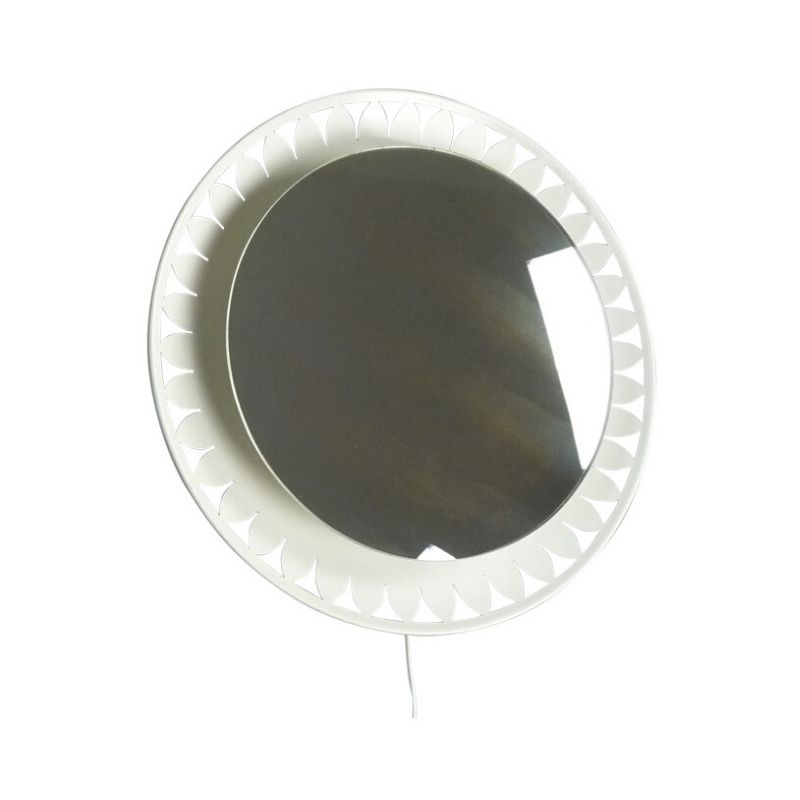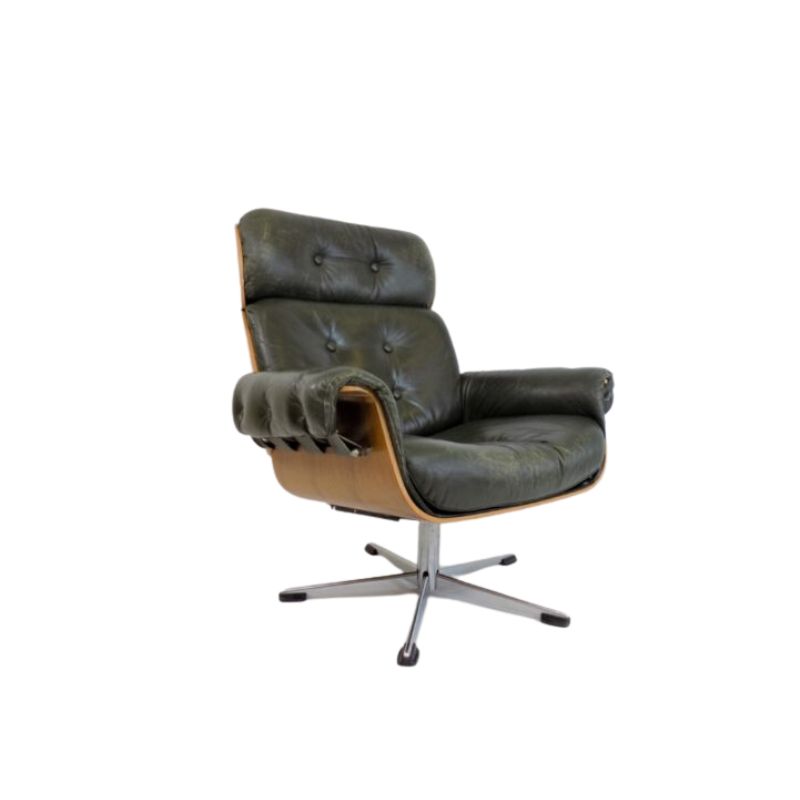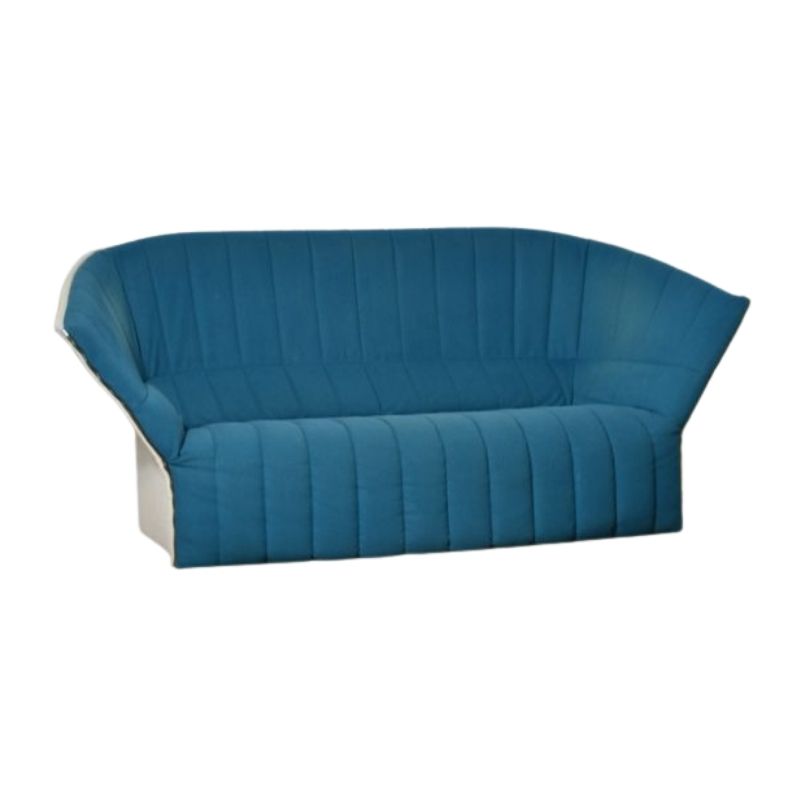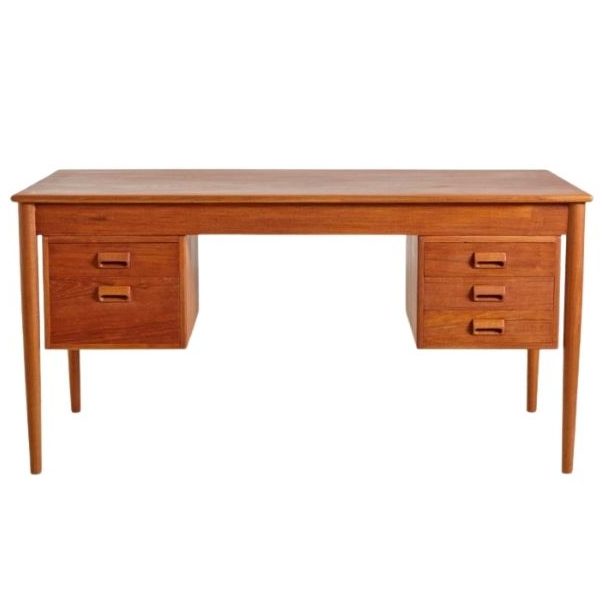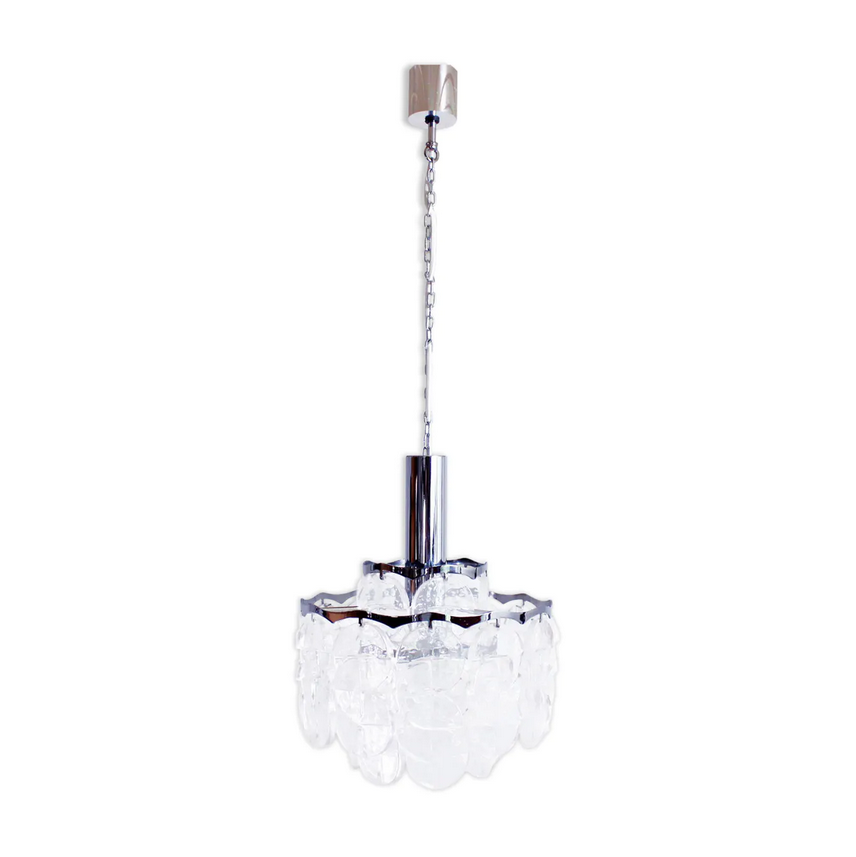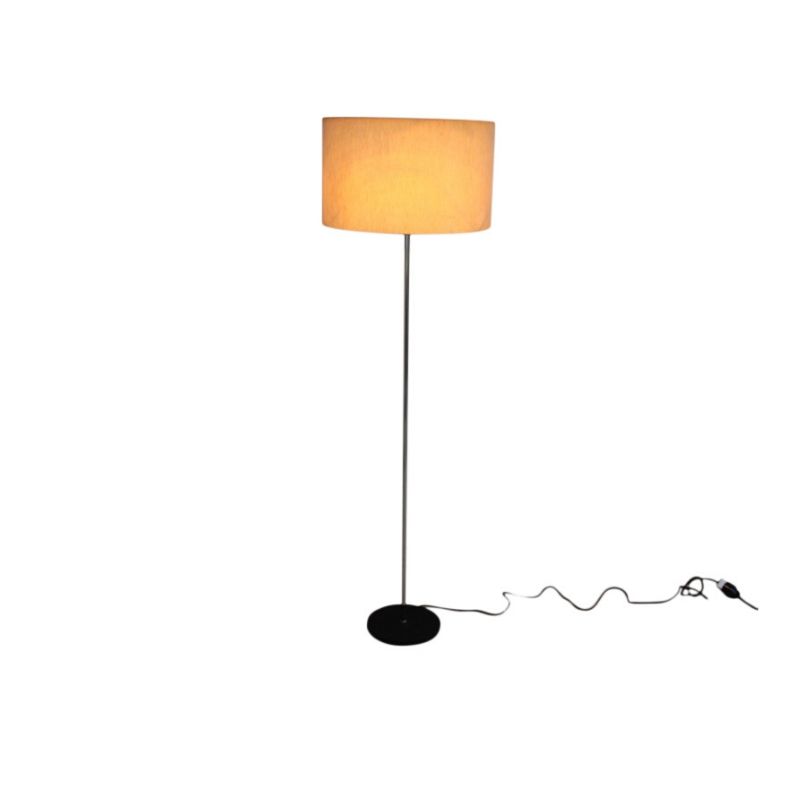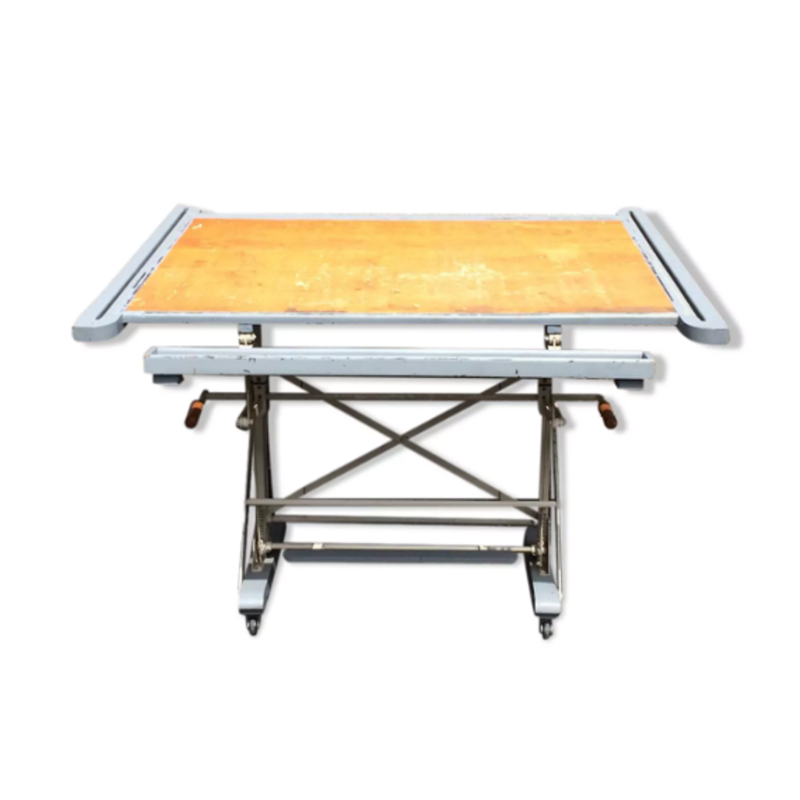I work for a charity in the states that accepts all types of home goods and building materials as donation and resells to fund our building programs for low income families. As our organization grows, we continue to receive more and more items that are unfamiliar to most of us who are not "true" design addicts. I am learning that sometimes finding comparable items on the internet is next to impossible. Can someone help me out with this convertible chair / table that was donated recently?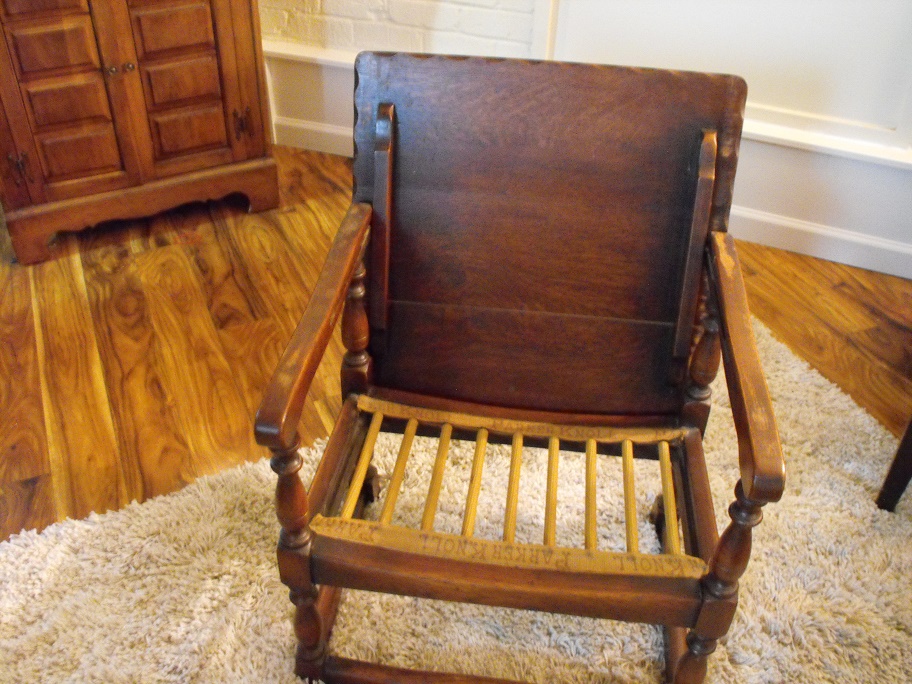
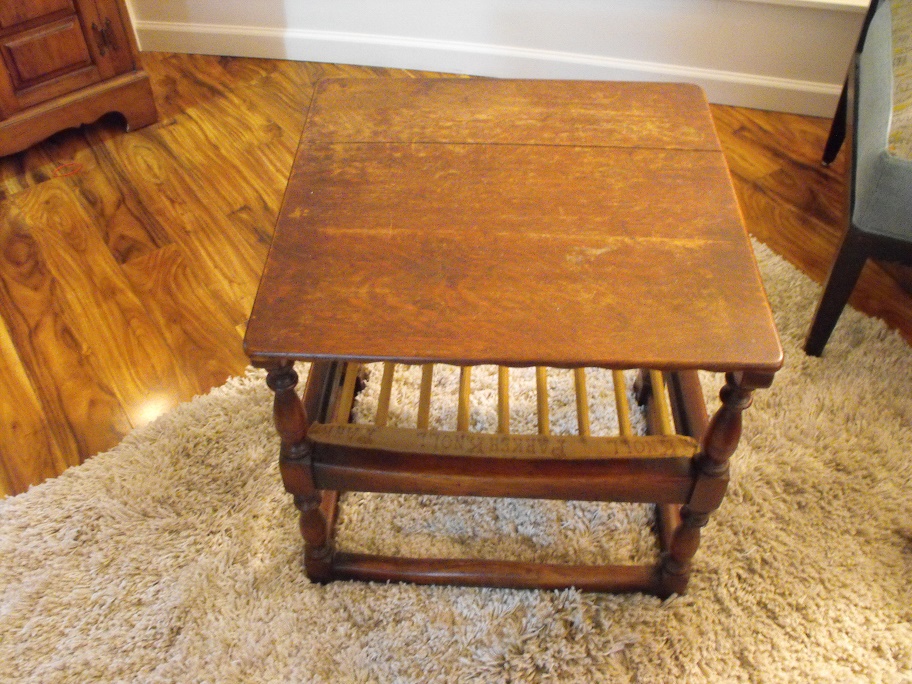 <img class="wpforoimg" src=" http://d1t1u890k7d3ys.cloudfront.net/cdn/farfuture/1lATMvWyqeZxFvmF4MvMx
<img class="wpforoimg" src=" http://d1t1u890k7d3ys.cloudfront.net/cdn/farfuture/1lATMvWyqeZxFvmF4MvMx
While I've never seen this before, Parker Knoll is a famous British brand; famous in Britain at least for wingchairs. It's a fairly old company, this may have been made in the early part of the 20th century.
It's not a particularly high end brand and I doubt you'll find collectors of this type of thing based on brand. But it's a fun looking thing regardless. It wasn't a particularly design-savvy brand either, so I can't say it's going to be well known here.
This is a really interesting topic.
As of late, I have seen far too many charities trying to maximize prices, with what I can only assume is the highly inaccurate world of the internet as guidance. It is really off-putting when charity resale stores get greedy, and completely miss the mark on pricing something. These are the same stores that started out with the mission of redistributing goods to those that could not afford new.
Then at some point they noticed that individuals were getting vintage/antique objects, that had more value than what they had asked for them, and these people were reselling these objects for far more than they paid at the resale store. In very human fashion, these charities started checking branded objects on the internet, and found First Dibbs, et. al. The problem, of course, is that these charities have very little, if any, expertise in this area. This results in Lane Acclaim coffee tables being priced at $600, or Heywood wakefield dressers for $1300.
I think it is important for these charities to remember a few things. All the items you sell were given to you for free. This means all you have to do to turn a profit is sell the item. The sales model for a charity is volume of sales. Yes, you have people that shop at your stores that are looking for items that they can resell, but the vast majority are looking to maximize the meager wages that the lower class of this country gets paid. Therefore, it is unnecessary for the charities to be attempting to maximize the profit by item. Doing this only alienates your base customer, the people you are most trying to help. Furthermore, if the people that are looking for hidden gems stop coming because the hidden gems are $500, now you are alienating another base customer that probably still spends some money, even when they do not find a gem.
This item maximization is also dangerous, because the charities just do not have the expertise to be accurately evaluating worth. What results, is the $600 Acclaim coffee table sitting in the shop for 3 months, before getting marked down to $250, for which it sat for another 2 months, before it finally went to me for $75 (I refinished it and sold it for 225 in the correct venue). Just mark it at a "charitable" (thanks OW) price to start. The charity would have made far more if they had utilized the space that table was taking up and sold 10 $60 items, than to dabble in the world of MCM furniture valuation and sales, and only make $75.
The only way I see that item price maximization works in a charity setting, is when it is an auction. ShopGoodWill.com has one of the better embodiments of this principal. I would venture a guess that since Goodwill has started utilizing the internet auction platform, that they have gotten far higher prices per item, than they ever would have if they were doing the pricing.
It is also worth noting, that the table I talked about above, I put 5 hours of refinishing time into. When you consider my time finding the table, time and materials refinishing, and the cost of sales venue, I did not make much, if any money on the table. It is the process I enjoy, and it mainly just supports my hobby.
I don't have a problem with charity shops asking whatever they can get for stuff as long as the profits go back to the charity and not to CEO salaries and perks (which i know happens). People who do the pricing have the same learning curve as the rest of us. They're over correcting but so are tons of dealers---it'll balance out eventually. I know for sure that dealers make out like bandits in thrift stores for many decades before the internet came along and made it easier for everyone to see what stuff is actually worth. If anything, it's 1st Dibs and like sites who are to blame for the craziness, not charity shops.
I mess the days of finding treasures for cheap on a regular basis, but that's how it goes. Things change.
There's a small regional chain of non-charity thrift stores in my area (2nd Ave Thrift) who operate by selling donated items and then donating a portion of their profits to charity. Their financial disclosures are all online, or at least their profits and donations are. I know from having visited their thrift stores many, many times that they're carefully screening items for things of value. The stores are huge and turnover is quick yet there's almost never anything of much value or interest to me. I know they get good stuff, but they know it too and it is almost always caught before making it onto the shelves. I assume the owners of the chain are reselling it somewhere else at a nice profit. They don't claim the stores are non-profits but they certainly play up their largesse as supporters of other charities, and I'm sure they get a lot of donations from people who think that it's the same as Goodwill or Salvation Army. Oh well!
This store had to buy their inventory & sell a brand new authentic icon of design for a discounted rate & still make a profit. They got scolded by Herman Miller though for selling these, they are not an "authorized" HM dealer, so the items were pulled out.
https://www.apartmenttherapy.com/heres-how-the-eames-lounger-ended-up-at...
If you need any help, please contact us at – info@designaddict.com



